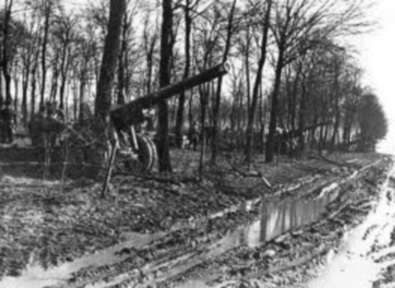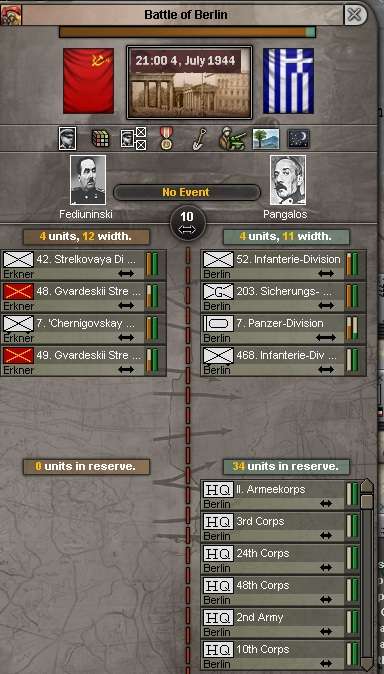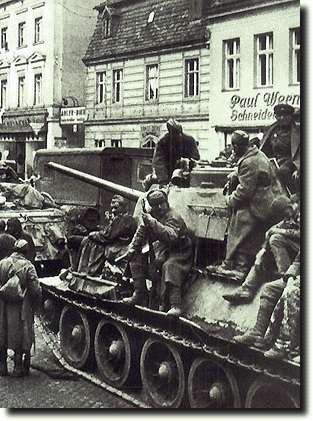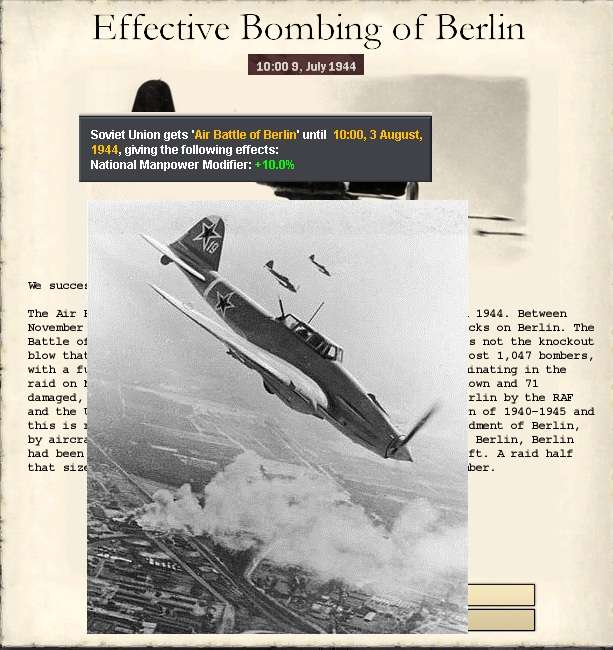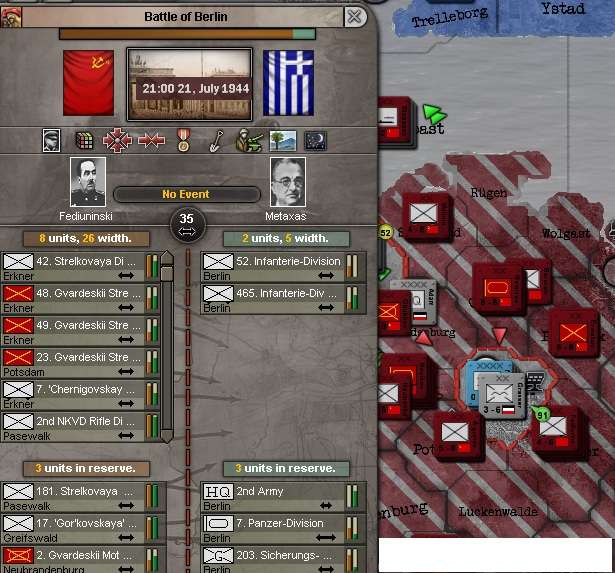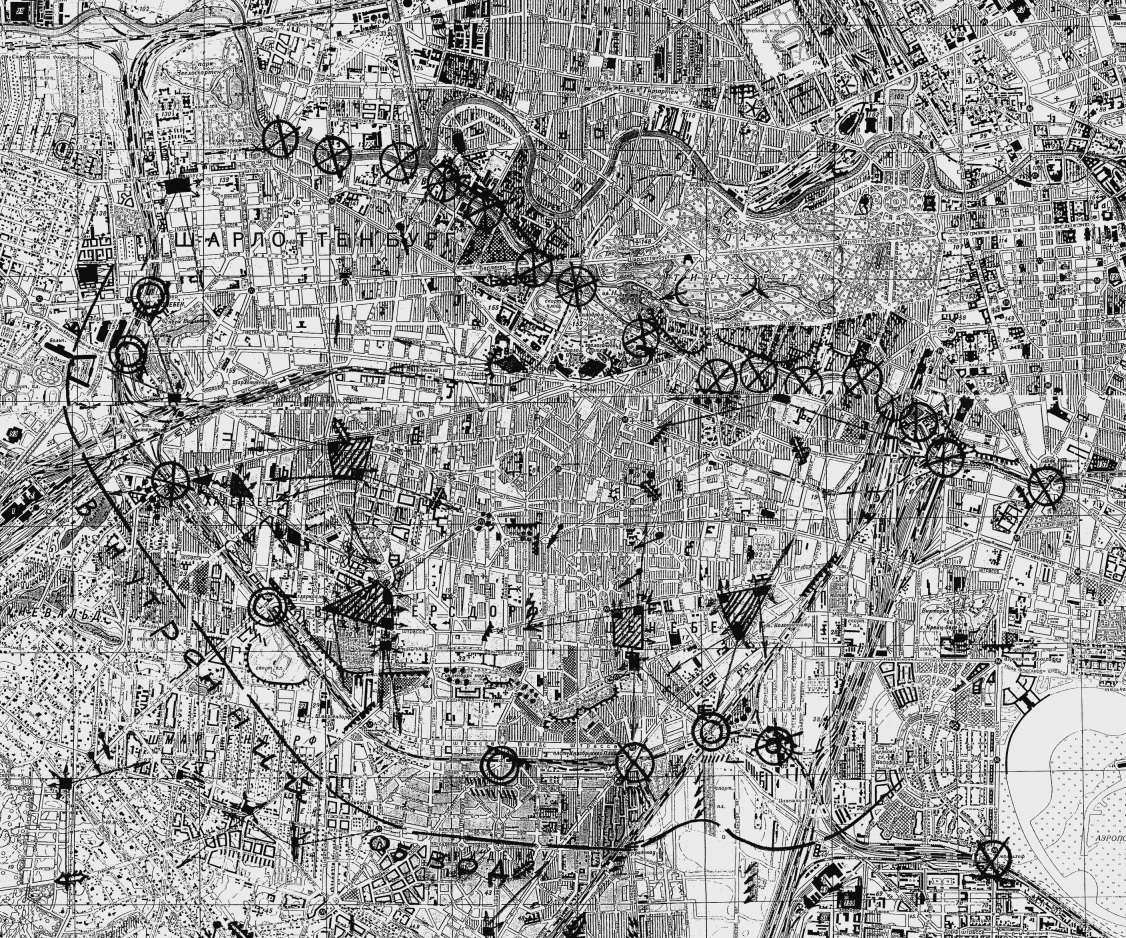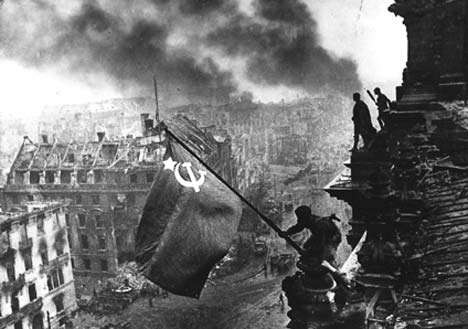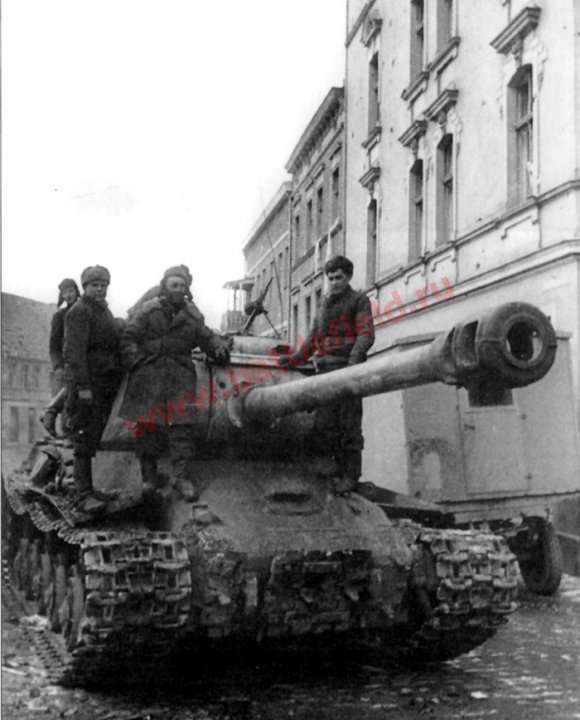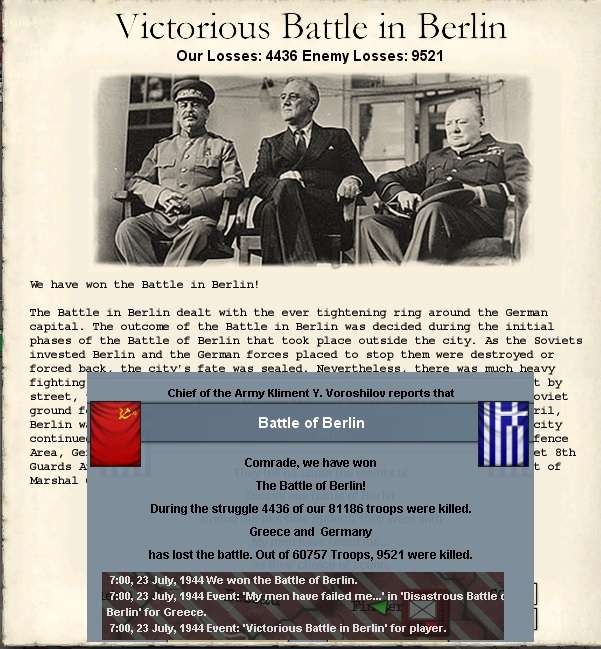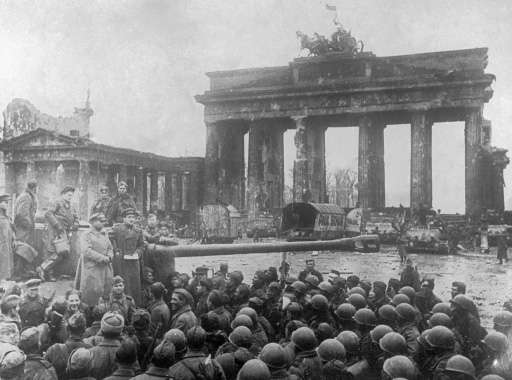Is Turkey going Axis?
No Turkey is going Comintern!
Is Turkey going Axis?
By force?
Is Turkey going Axis?
No Turkey is going Comintern!
By force?
Voluntarily after a brief discussion with 2 fronts and some NKVD personel.
Ahh the NKVD...
that would be one of the dumbest things Turkey could do. They may feel the 'threat' of the USSR, but there should be a 'fear' factor too. They would be attacked from both sides. Greece on the west, and the caucuses in the east.
Unless this is an attempt by uncle Joe to 'encourage' them to go to war, now that Germany is mostly on the ropes.
BTW, what are you spending all your IC on these days? I'd guess lots of navy and air units, due to your manpower problems?
I believe he's busy building a navy to support operations against the Axis menace in South America.
The frontlines from May to July (or August) really tell it all - utter collapse of the German position in the Balkans. They lost a lot of troops, whether through encirclement, destruction or desertion and even with the shorter (mountainous) frontline, they must be a lot weaker off than before.
When you talk about the 'Slovakian' revolt, do you really mean the 'Slovenian' revolt?It's nitpicking, I know, but my degree is in Geography, after all...
Oohhh... That just looks too easy...
If they are, then it's pretty much the same as happened with Finland earlier in the game. Some sort of 'fear factor' would make sense in this situation. It's not like Turkey would be doing anything but committing suicide by declaring war on the Soviets right now.
I am ashamed for my country. They're losing to the Italians.
And, on the main post, I agree that it would be pretty stupid for Turkey to start something now. I'm a bit doubtful about your intentions with your marines. Unless by "the Italian campaign" you mean they're going to join the front in the Northern Balkans, I'd be rather reluctant to employ them in landings against Italy proper. The Italian navy is not weak. Although it occurs to me that you may mean using them against axis held islands in the eastern Med, which should be safer.
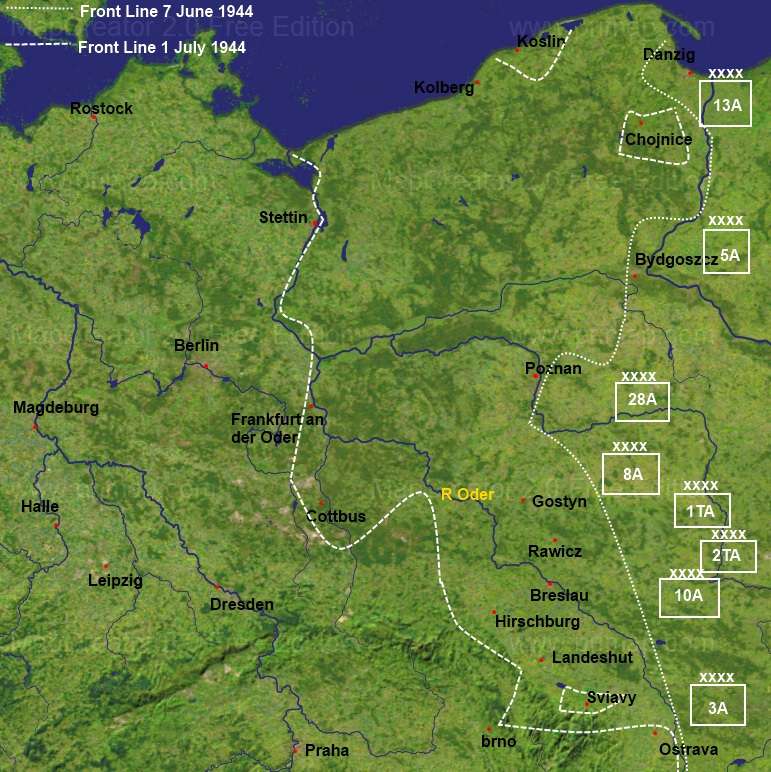
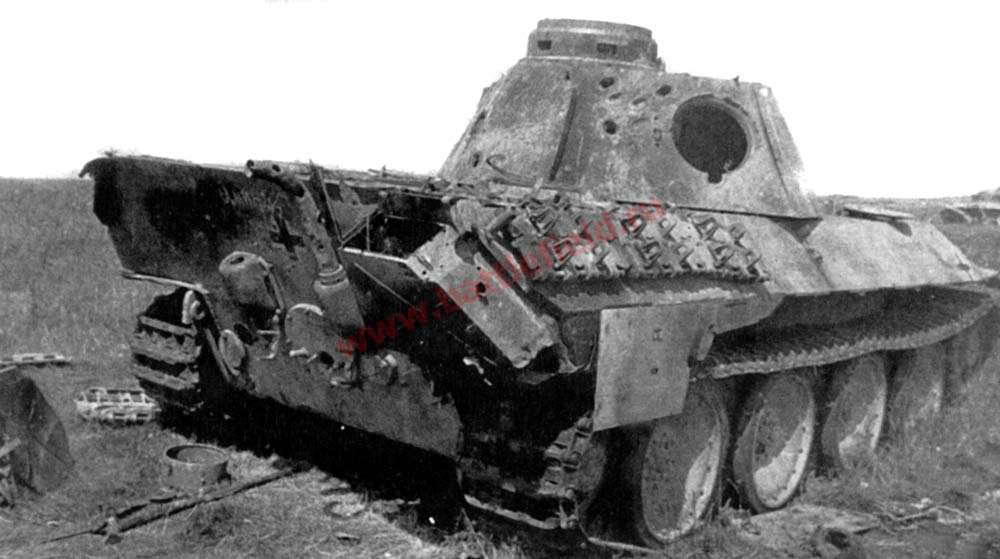
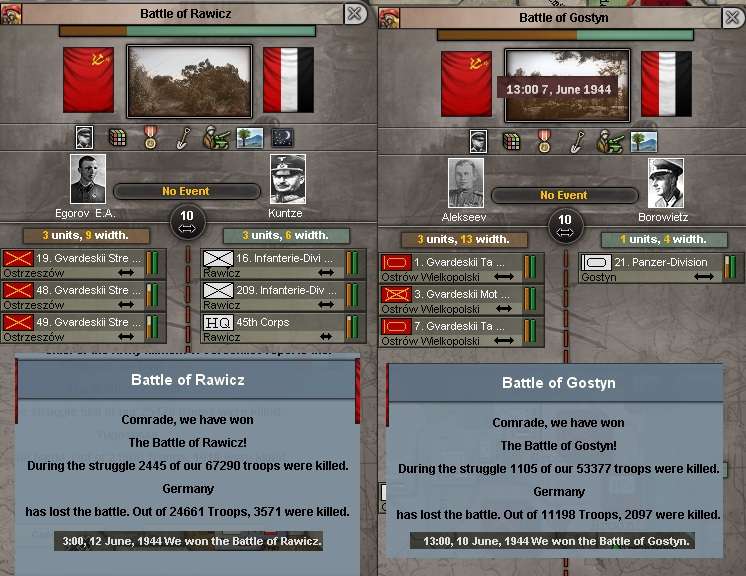

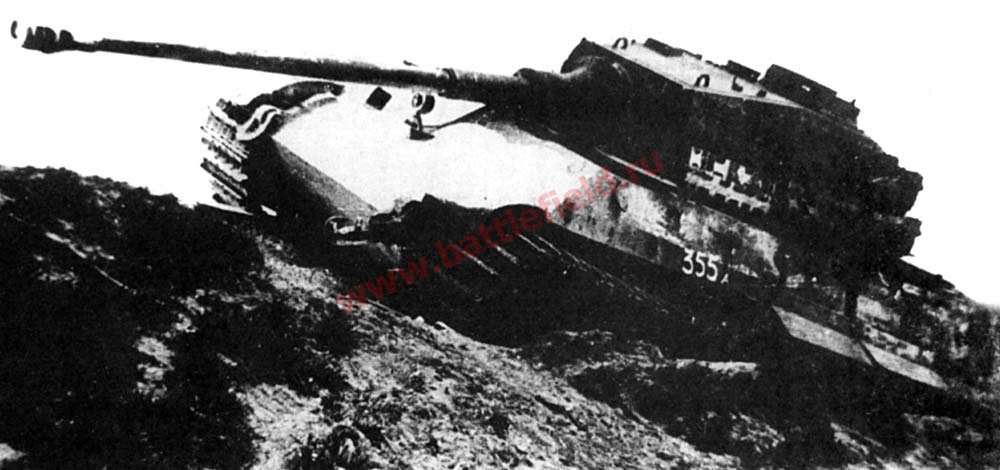
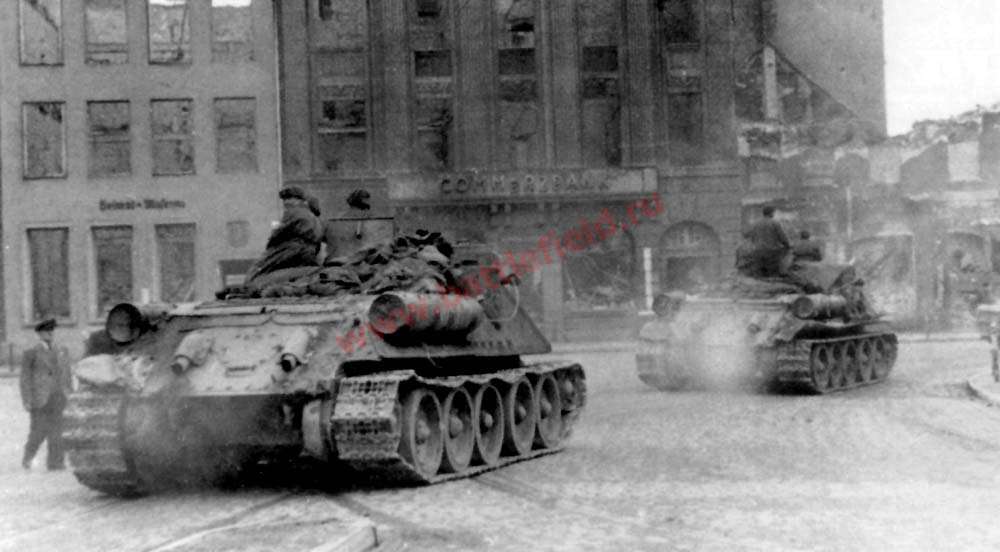
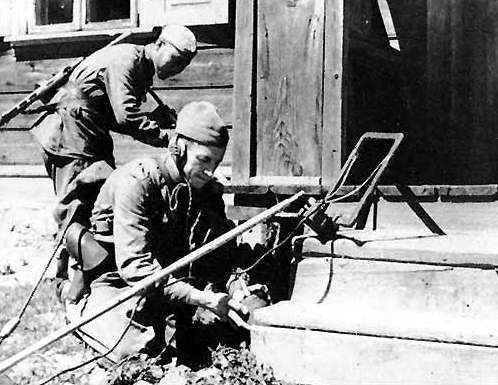
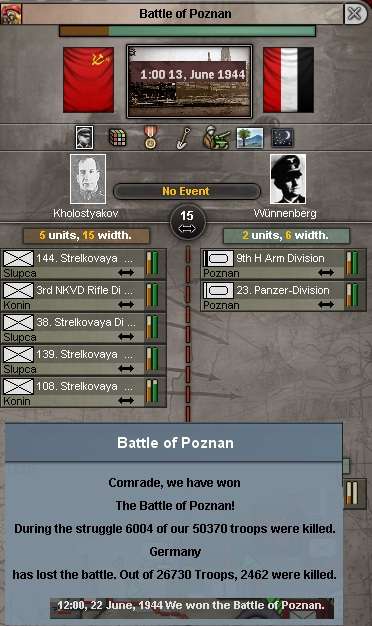
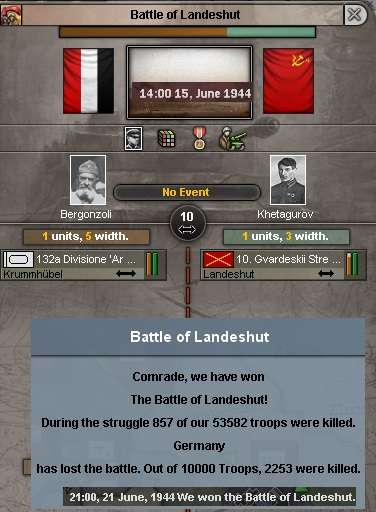
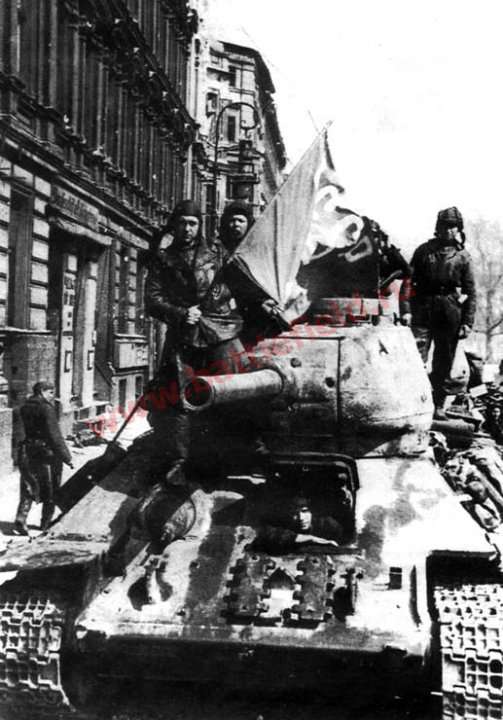
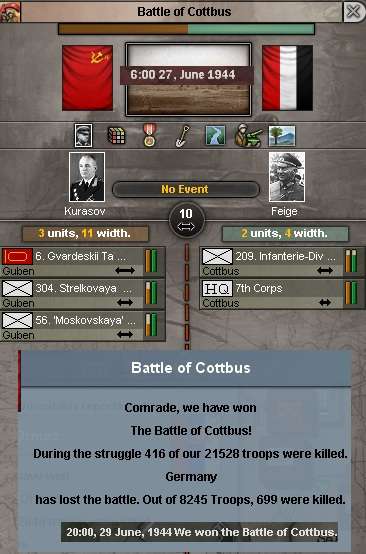

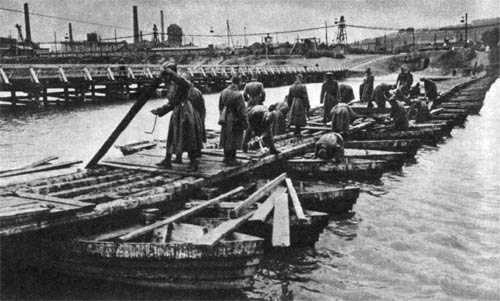
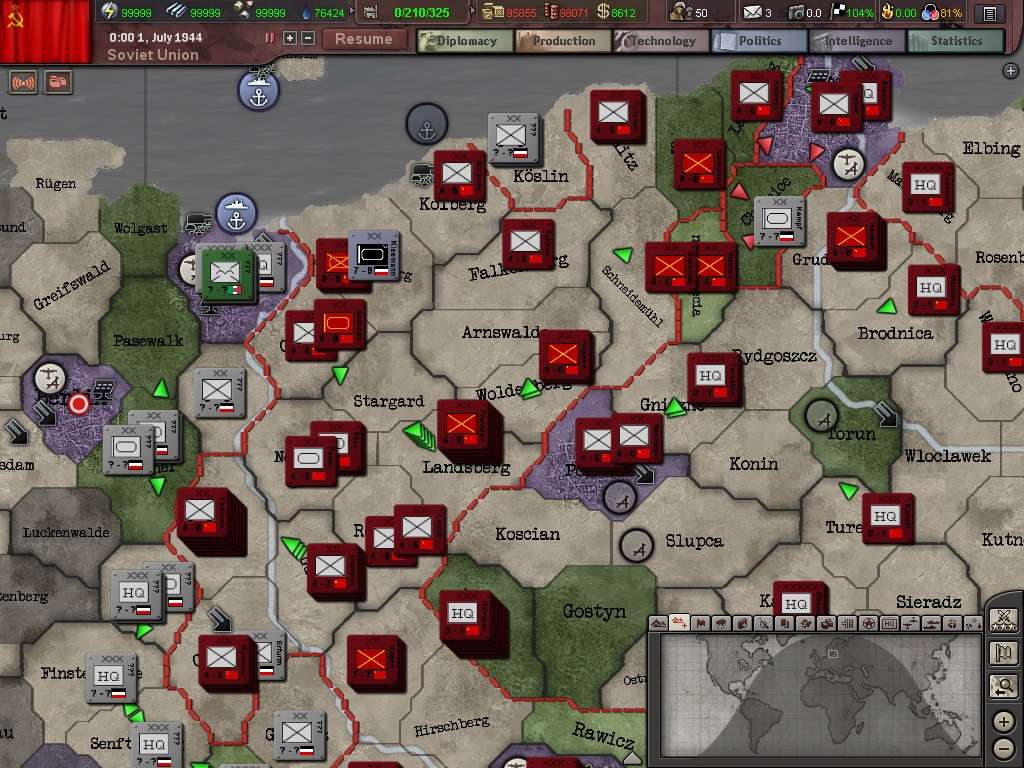
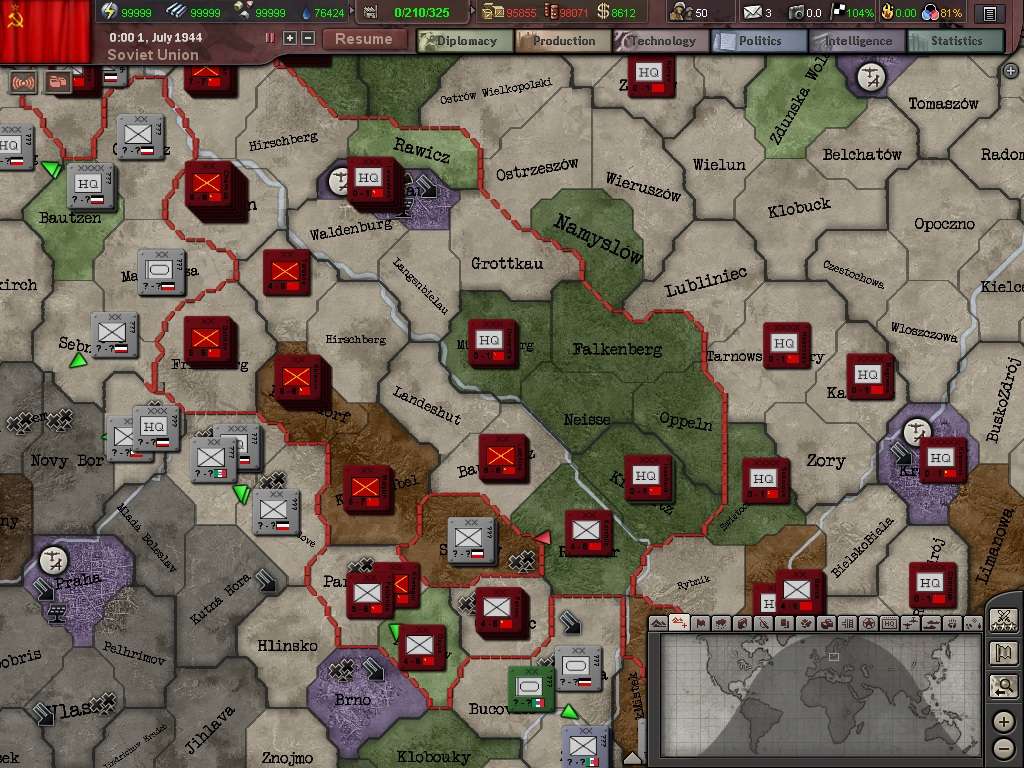
From: Winston Church, Prime Minister de jure, British Government in India
To: Field Marshal Sir Alan Brooke
Message reads: Get a bloody move on!
Message ends
I don't know. General Brooke, after the BEF was withdrawn from France, was CiC Home Command, directly in charge of the defence of the British Isles. Given how that worked out in this AAR, promotion to Field Marshal (and CIGS) might not have been in his future.
I wish the 28th Guards Corps Luck in taking the Lair of the Facist beast that dared to defile the Motherland.
ZA ROUNDIA!
"From Stettin in the Baltic to Trieste in the Adriatic an "iron curtain" has descended across the continent. Behind that line lie all the capitals of the ancient states of Central and Eastern Europe. Warsaw, Berlin, Prague, Vienna, Budapest, Belgrade, Bucharest and Sofia; all these famous cities and the populations around them lie in what I must call the Soviet sphere, and all are subject, in one form or another, not only to Soviet influence but to a very high and in some cases increasing measure of control from Moscow."
From: Winston Church, Prime Minister de jure, British Government in India
To: Field Marshal Sir Alan Brooke
Message reads: Get a bloody move on!
Message ends
Berlin is near! The Axis is pathetically weak, this is the best time for a final blow. I just hope that you were careful about your MP situation
To paraphrase another famous message from one commander to another:
"Where is the US? The World Wonders."
What are the chances of organized German resistance crumbling after the fall of Berlin?
One of the things that most strikes me from the last update is visible in the last two screenshots: the large amount of Guards divisions you now deploy.
The German front before Berlin looks pretty weak - and is it accurate that there are no forces in Berlin proper, or does your intelligence not extend to that province? If it's right, then the Battle for Berlin will be rather anticlimactic.
Nice work in crossing the Oder River.
I'm having my doubts that Germany will surrender after the fall of Berlin, though.
Loki, I am currently up to page 18 (Mar 42). Really enjoying it, I just wonder whether I can catch up.
Woa 50 MP! Better end this fast!
Berlin, so near!
Well, I think there's a strong likelihood that there's going to be a surge in the number of Heroes of the Soviet Union any week now. And an airbrushed photo of someone raising a flag on the Reichstag.
I don't know. General Brooke, after the BEF was withdrawn from France, was CiC Home Command, directly in charge of the defence of the British Isles. Given how that worked out in this AAR, promotion to Field Marshal (and CIGS) might not have been in his future.
It's a fair point, but I don't presume to know enough about the command structure to be able to pick a plausible replacement. I suppose it depends on how well he did in the defence given the limited forces available to him. The Royal Navy would probably carry much of the blame for having lost control of the Channel.

